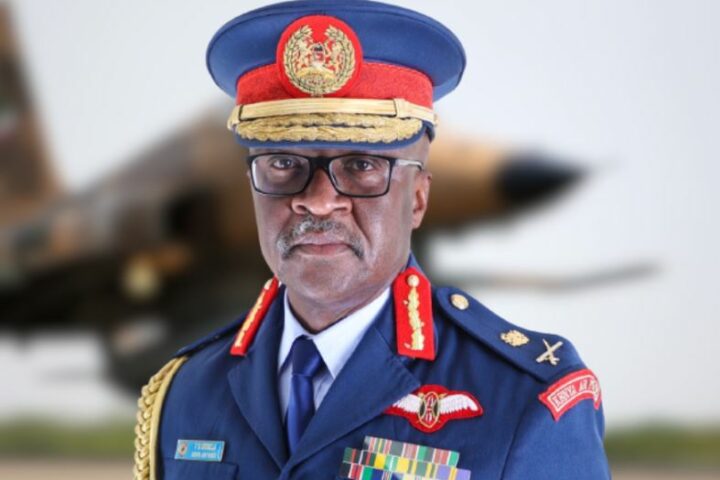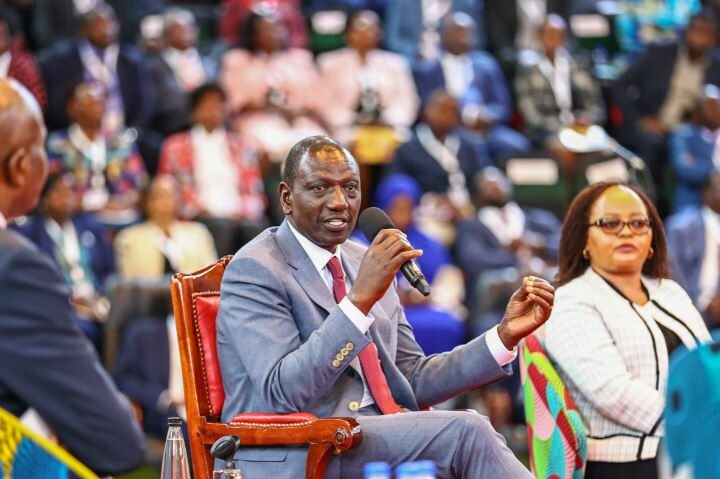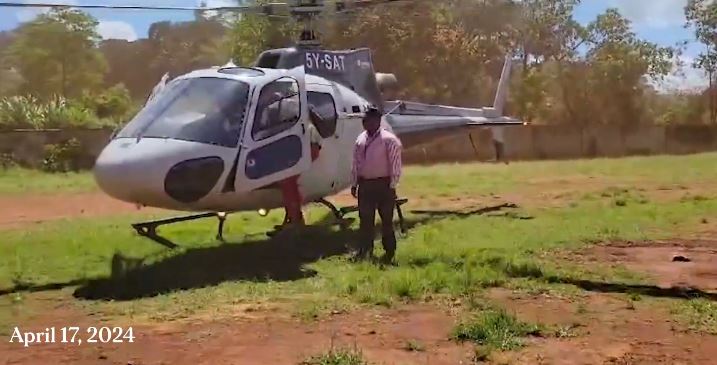
She shared her experience on Saturday Magazine.
“I had gone on an errand with two of my children when that distressing call came through. ‘It was all over in the news,’ the caller said.
We had diagnosed our first Covid-19 case in Kenya and I was urgently required to go back to work because I am the one who had received the patient when it was just a suspected case of the coronavirus.
I am a nurse on frontline of Covid-19 war in Kenya and I work in the infectious unit at Kenyatta National Hospital.
When I got to the hospital that evening, my colleagues wanted the details. ‘Were you wearing your protective gear when you received the patient? Are you sure?’ I was certain about it but as the questions recurred, I found myself slipping into doubt. Had I?
In 2015, I was among the health workers who were commissioned to West Africa to help fight against Ebola.
When I came back into the country, the infectious unit was opened at KNH. That has been my work station for the last five years. I am a paediatrician nurse and I have been practising for the last 18 years.
Although the unit had been largely empty until last month, gowning up was part of our routine. I received the first, second and the third patients but I was oblivious of their status.
EXPERIENCE
Those days, the samples had to be sent to South Africa for testing. I remember walking down the corridor with one of them, encouraging her that even if the results came out positive, we would nurse her back to health.
Having encountered Ebola patients, I wasn’t that worried about coronavirus. With Ebola, the risk was higher and the death rate was over 90 percent.
But in hindsight, it is the Covid-19 pandemic that has upended my life – in two extremes. Leading the team of nurses I work with has helped me develop better leadership skills: I am bolder and when my colleagues consult me and they get favourable results, it distances me from my worries. That’s a good thing.
On the other extreme, my husband is diabetic and has chronic kidney disease. As such, he has low immunity and is at a higher risk of contracting the virus.
Whenever he sneezes, I ask, ‘are you okay?’ It’s worrying knowing that I have direct interactions with the Covid-19 patients and another patient at home. With the exposure, I could potentially infect him or my children.
PRECAUTIONS
Unlike some of my colleagues who have moved out of their houses and sought accommodation elsewhere or have their children living with their relatives, I am not financially equipped to take such a move. So after work, I return home.
However, there has been many changes. Before I leave the hospital, I have to take a shower, something I never did before, and when I get home, I take another one before I can allow anyone near me.
There’s a lone chair placed at least two metres away from the rest. That is mine. Nobody else seats on it. During meals, I use disposable cups and plastics. I even have my own laundry basket.
In all this, I can see worry in my children. They are aged 18, 14 and the twins 10. One of the twins is a girl and the rest are boys. She is the most edgy.
When one of the initial tests I had taken (I test every fortnight) came out negative, she asked, “Mum, can I now share your bed?”
But I tell her no. Because I could test negative today and get infected the very next day. Even as the numbers go up, they still look up to me for reassurances for I have to be strong and encourage them frequently.
STIGMA
In the last couple of weeks, I have also added weight. With many people stuck at home, this would be expected and maybe good news to some.
But to me, this is a cue that I can no longer fit into my wedding dress. I got married in 2001 in a traditional wedding ceremony, and we had planned to hold a church ceremony on March 20th this year. The pandemic halted the plans.
Isn’t it sad how you can eagerly wait for something for more than a decade, then when you are ready for it something happens and you are back to zero?
I actually think that the weight gain is a result of stress. Thinking of all that is happening and the uncertainties around me can be overwhelming.
What’s even sadder is knowing that as a nurse working with infectious patients, there’s potential stigma.
Recently, I lost my aunt-in-law and did not attend the burial. I asked myself, “What if one of the attendees tested positive for Covid?” the fingers would all be pointed at me.
So even as I protect myself and my family, I am doing the same with my friends and strangers. I have seen my colleagues do the same.
You know, make sacrifices and put their patients first? Somebody might say, “No big deal. This is what you signed up for.”
But I think that it takes more than signing up for something to down your own worries and anxieties and take those of another person.
I hope that through this, people will start to see nurses differently. That they will remember we were here.”






